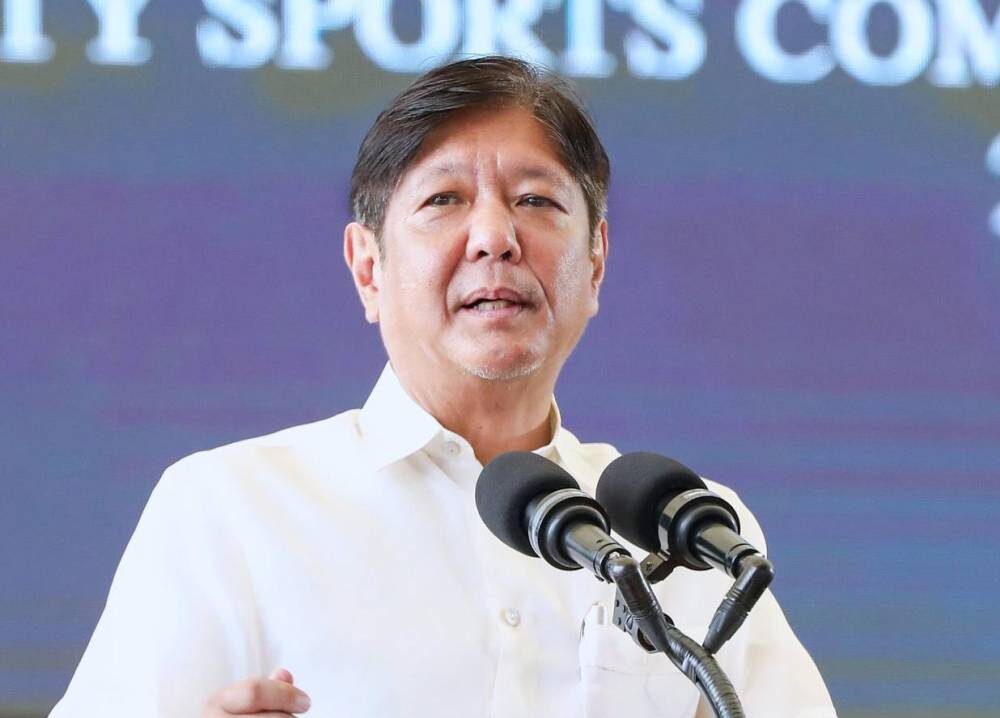Marcos EO ushers in historic PH-Sokor free trade pact

President Marcos has issued the schedule of tariff commitments to usher in the implementation of the country’s historic free trade agreement (FTA) with South Korea.
The 443 pages of the new reduced or removed tariff rates on a wide array of products, ranging from agricultural produce to vehicles and industrial goods, will take effect on Dec 31.
The schedule was attached to Executive Order No. 80 signed on Dec. 23 that officially implemented the free trade deal.
Released by Malacañang on Saturday, EO 80 said all articles listed in the Philippine Schedule of Tariff Commitments under the FTA will be subject to the rates of import duties at the time of importation.
Under the FTA, South Korea will grant preferential duty-free entry or remove tariffs on 11,164 Philippine products accounting for $3.18 billion, or 87.4 percent of total Korean imports from the Philippines.
For instance, the Philippines sees an increase in banana and processed pineapple exports to South Korea, as the 30-percent tariff on bananas will be lifted within five years while the 36-percent tariff on processed pineapples will be removed in seven years.
Trade surplus
The Philippines, on the other hand, lifted tariffs on some 96.5 percent of goods from South Korea, including automobiles, electric and hybrid vehicles—presenting an opportunity for South Korea’s robust automotive industry to expand its presence in the Philippines.
South Korea enjoys a trade surplus with the Philippines as the Philippines exports $3.53 billion worth of products but imports $8.49 billion worth of goods from South Korea, including electronics, according to records of the Department of Trade and Industry.
Mr. Marcos hopes that the FTA—signed in September 2023 and ratified by the Philippines and South Korea this year—sought to strengthen the two nations’ economic partnership and bilateral trade.
This is by “reducing and eliminating tariff restrictions in support of government efforts to manage competitive exclusion, encourage more foreign direct investments, and secure more preferential concessions than those currently available under existing agreements.”
Ahead of schedule
Hence, “there is a need to modify the rates of import duty on certain imported articles for the country to comply with the Philippine Schedule of Tariff Commitments under the PH-KR FTA,” said Mr. Marcos in signing the EO.
Last week, the South Korean Embassy in Manila said the free trade deal would enter into force a year ahead of schedule on Dec. 31, or ahead of the 75th year of diplomatic ties between the Philippines and South Korea.
The Philippines became the first Southeast Asian country to recognize and inaugurate diplomatic relations with the Republic of Korea with formal bilateral ties established on March 3, 1949.
The South Korean Embassy said the FTA would “unlock significant opportunities for both countries” through deeper trade and investment ties in industry, agriculture, infrastructure and energy.
In November, Mr. Marcos thanked South Korea for reinforcing the Philippines’ call for a “brighter and more sustainable future” after South Korea’s National Assembly ratified the free trade deal on Nov. 14.
“We are also thankful to the Republic of Korea for the overwhelming support of your National Assembly for the ratification of our FTA, which came much earlier than we had expected,” he said in November, adding that the FTA will allow the Philippines to sell its “best products in South Korea.”
The FTA was signed in September last year, but it was only in September 2024 that the Philippine Senate ratified the FTA.
Right to recourse
Under EO 80, the Tariff Commission may be requested to issue advance rulings on the tariff classification of goods to confirm the applicable rates of duty of goods covered by the directive.
EO 80 added that the Philippines retains the right to recourse to all trade remedy measures provided for in the country’s laws, the FTA and other international agreements to “ensure the prevention of import surges or unfair trade practices.”
Should any provision of the directive be declared invalid or unconstitutional, the unaffected provisions will remain in full force and in effect.
On the investment front, the Board of Investments (BOI) has projected the FTA will help bring foreign direct investments worth P150 billion to P200 billion to the Philippines during the first three years of its effectivity.
In particular, the BOI sees this infusion of foreign capital in the electric vehicle value chain and in agricultural processing during the period.
The free trade deal also provided for a mechanism for economic cooperation in creative industries, innovation and manufacturing. —WITH A REPORT FROM ALDEN M. MONZON

















